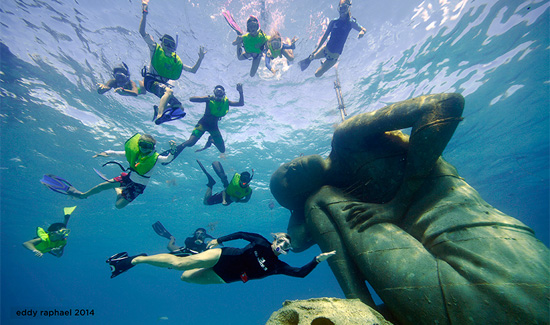Minister of Agriculture and Marine Resources Lawrence S ‘Larry’ Cartwright has come out in support of the new Fisheries Improvement Plan (FIP) which seeks to address international concerns about the spiny lobster industry.
“The Bahamas must develop the means to better manage its commercial fisheries,” said Mr Cartwright, the Member of Parliament for Long Island and the Ragged Islands.
“The FIP provides an excellent opportunity for us to do this and do it in a way that will well serve all stakeholders in The Bahamas, inclusive of Bahamians with direct connection to the industry.”
The FIP was discussed during a two-day stakeholder workshop which began Wednesday at the Bahamas National Trust headquarters.
It was developed by and is being executed as a collaborative effort between the government and a broad spectrum of stakeholders.
They included the World Wildlife Fund, the Bahamas National Trust, The Nature Conservancy, the Bahamas Reef Environment Educational Foundation, Friends of the Environment, consultants from academia, relevant agencies of the government, seafood processors, exporters and fishermen.
“The development of the FIP and its implementation represents a relatively new way of doing things in The Bahamas, but it is clearly the way that thing will increasingly have to be done,” said Mr Cartwright.
He spoke of the importance of the FIP to the Ministry, the industry and to The Bahamas as a whole.
Spiny lobsters have been the mainstay of The Bahamas’ commercial fishing industry for more than 35 years, Mr Cartwright noted.
However, the value of this sector “is highly dependent” on the demand for this product on international markets, the prices being paid in those markets, and The Bahamas’ ability to have easy access to those markets, he said.
And, access to those markets depends, to a large degree, on the requirements set within those markets.
These requirements may be set by national authorities, such as government agencies within those countries, or by the private companies or organizations that buy lobster from The Bahamas, he said, The requirements can range from concerns about food safety, food quality, food packaging and labeling to the control of illegal unregulated and unreported fishing, the welfare of fishers and the good management of the fishery from where the products are derived, he said.
The Ministry of Agriculture and Marine Resources is addressing, in various ways, all of these issues, Mr Cartwright told the workshop, “Eco-labels of one type or another are becoming increasingly popular,” said Mr Cartwright. “Consumers in many countries are looking to be assured that the products they are buying have been produced in an environmentally responsible way, with due regard for the conservation of natural resources and the welfare of those involved at the primary production levels.
“Other organisations, particularly in respect of seafoods, attempt to encourage consumers to choose particular items and to discourage them from choosing others.” Progress has been made to position The Bahamas’ spiny lobster fishery for favourable consideration by the international Marine Stewardship Council.
“While this certification is one of the demands being made by some of the major buyers of lobster exported from The Bahamas, it is but one of the many demands that are being responded to,” said Mr Cartwright.
By Gladstone Thurston
Bahamas Information Services



